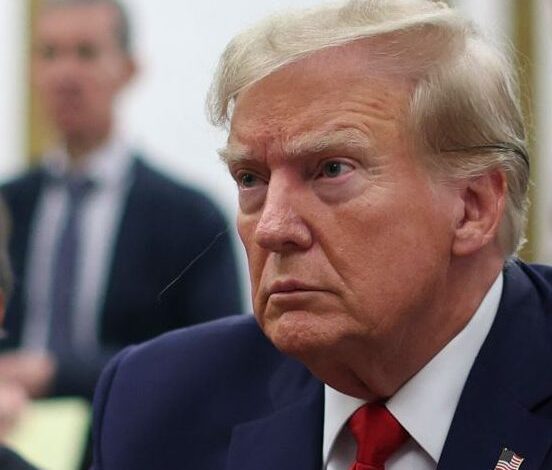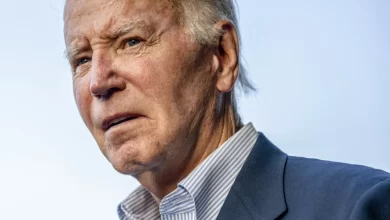Nigeria Shrugs Off Trump’s Threat Over BRICS Membership

The Federal Government has dismissed threats from United States President-elect Donald Trump, who warned of imposing 100% tariffs on countries supporting the BRICS alliance. Nigeria, a newly recognized partner country of BRICS, remains firm in its pursuit of full membership in the bloc by 2026, signaling its commitment to diversifying alliances and advancing its economic interests.
BRICS, initially comprising Brazil, Russia, India, and China, expanded in 2010 to include South Africa and has recently welcomed Egypt, Ethiopia, Iran, and the UAE as full members. The alliance is currently exploring the development of a new currency to reduce reliance on the US dollar in global trade, a move that Trump strongly opposes.
In a statement posted on Truth Social, Trump criticized the initiative, threatening punitive tariffs and vowing to protect the dollar’s dominance. However, Nigerian officials have countered these threats with confidence.
A presidency source noted that Nigeria is a sovereign nation capable of choosing its alliances without external interference. Similarly, Alkasim Abdulkadir, Special Assistant on Media Communication and Strategy to the Minister of Foreign Affairs, reaffirmed Nigeria’s commitment to global diplomacy, stating, “Nigeria’s strategic autonomy is sacrosanct.”
He further highlighted the country’s advocacy for democratizing global institutions like the United Nations and G20, adding that Nigeria’s BRICS partnership aligns with its long-standing policy of non-alignment in a multipolar world.
Retired diplomat Sola Abolurin dismissed Trump’s threats as “empty rhetoric,” citing Nigeria’s right to prioritize its economic benefits. He argued that BRICS membership could open new trade opportunities, noting that nations like Russia have thrived despite US sanctions. Abolurin emphasized that international relations are reciprocal, warning that Trump’s approach could hurt the US economy as well.
However, former Ambassador to the Philippines, Yemi Farounbi, urged caution. He questioned whether joining BRICS truly aligns with Nigeria’s national interests, considering the country’s economic challenges, including its reliance on crude oil and inadequate infrastructure. Farounbi stressed the importance of ensuring Nigeria’s decisions are guided by patriotism and strategic interests, not external pressures.
Farounbi’s concerns echo broader questions about Nigeria’s readiness to engage in global economic realignments, particularly when basic domestic issues—such as electricity, potable water, and job creation—remain unresolved. He cautioned against aligning with global power blocs without a clear understanding of the long-term implications, drawing parallels to historical missteps in international alliances.
As Nigeria navigates its potential BRICS membership, the government faces the delicate task of balancing national interests with global economic shifts. For now, the administration appears determined to embrace the opportunities offered by the alliance while dismissing external threats as inconsequential.



